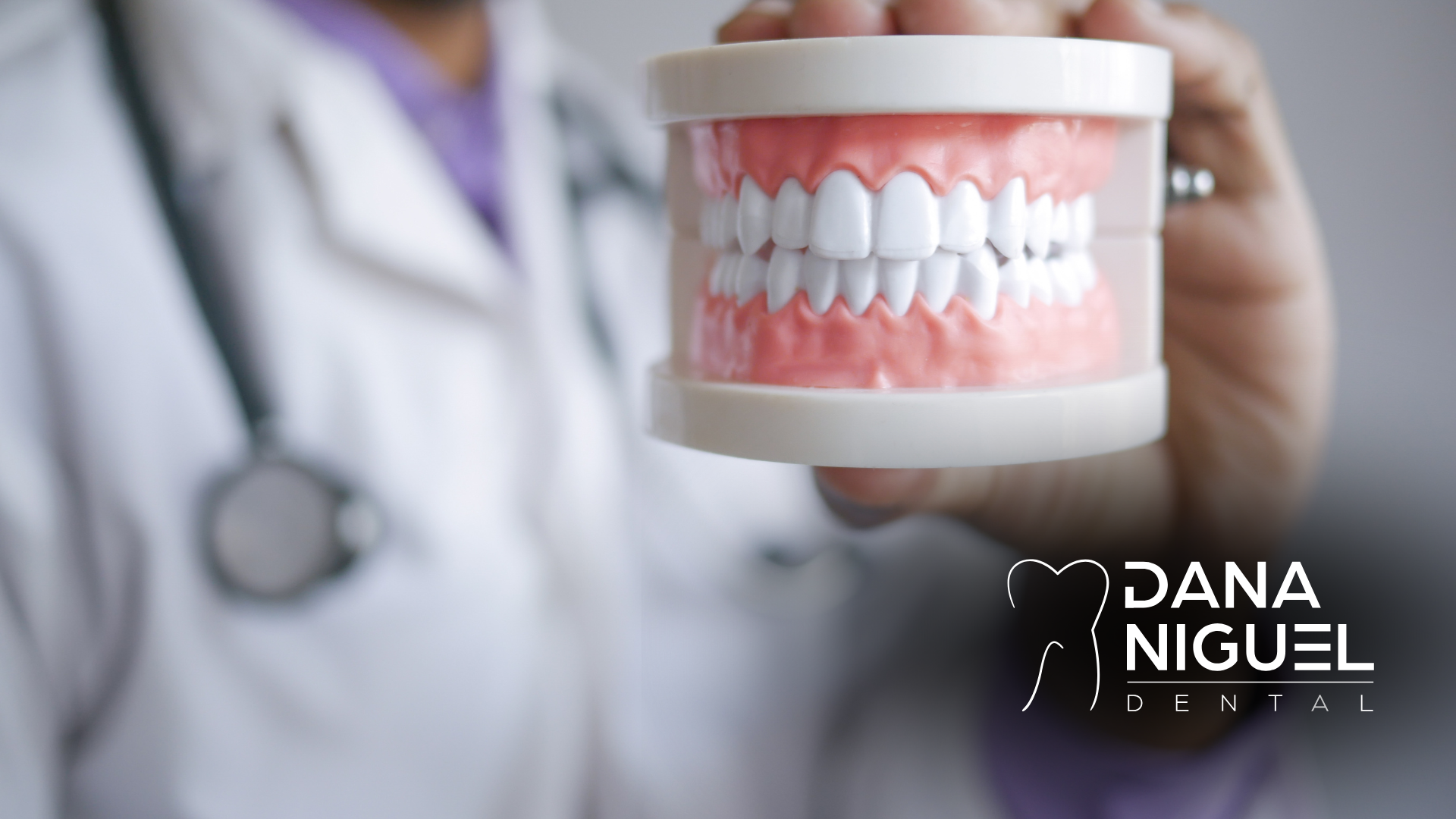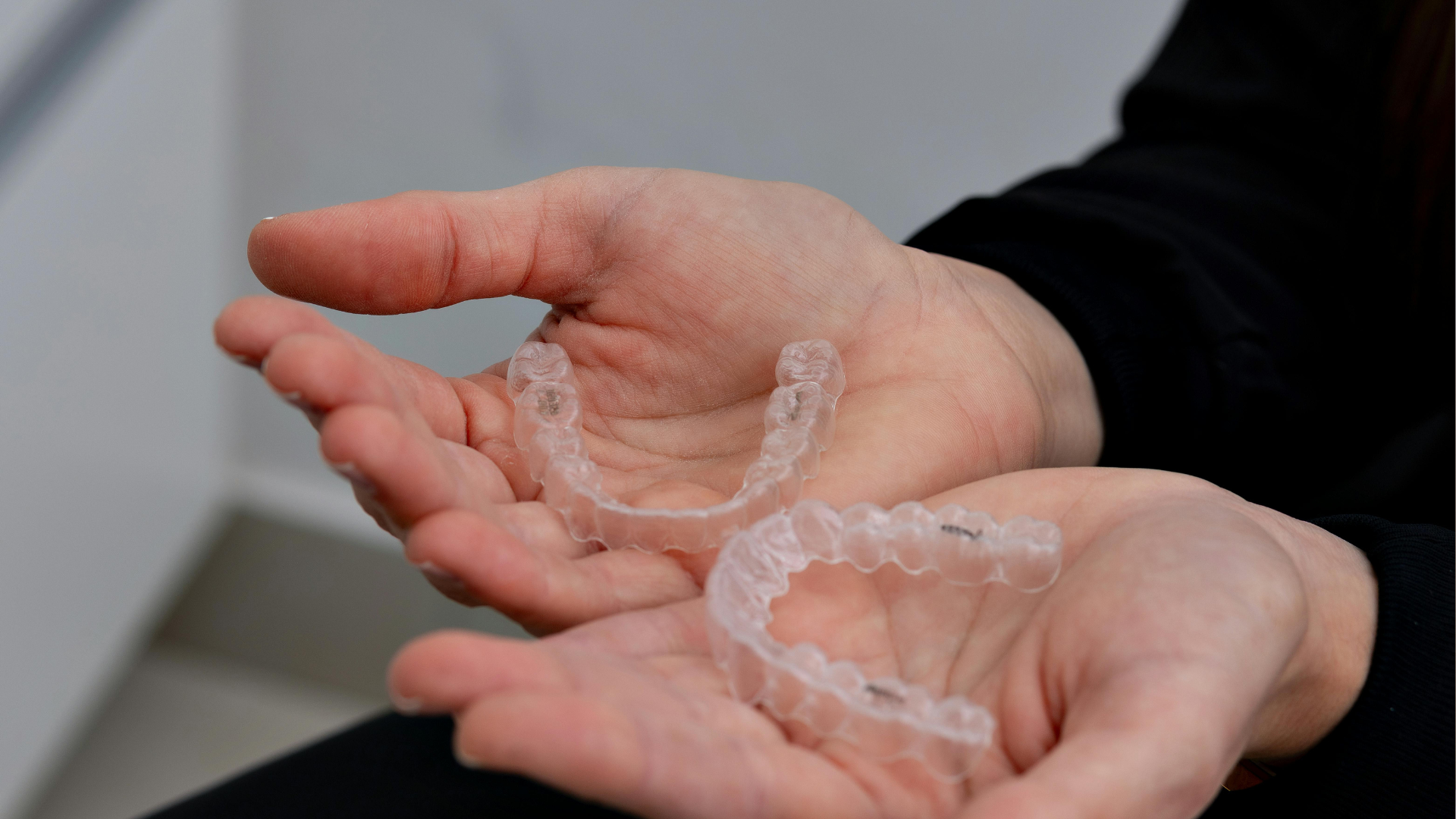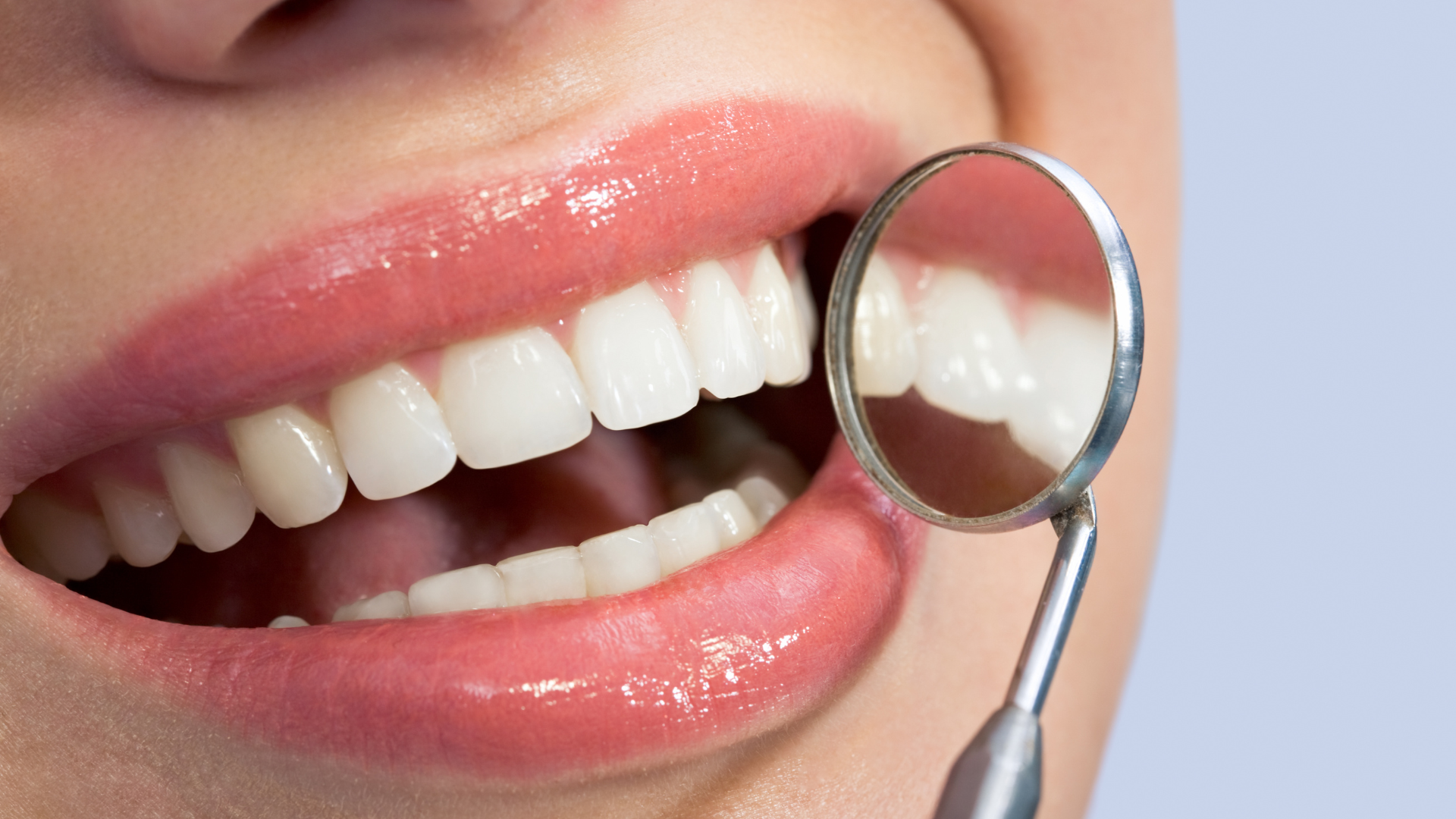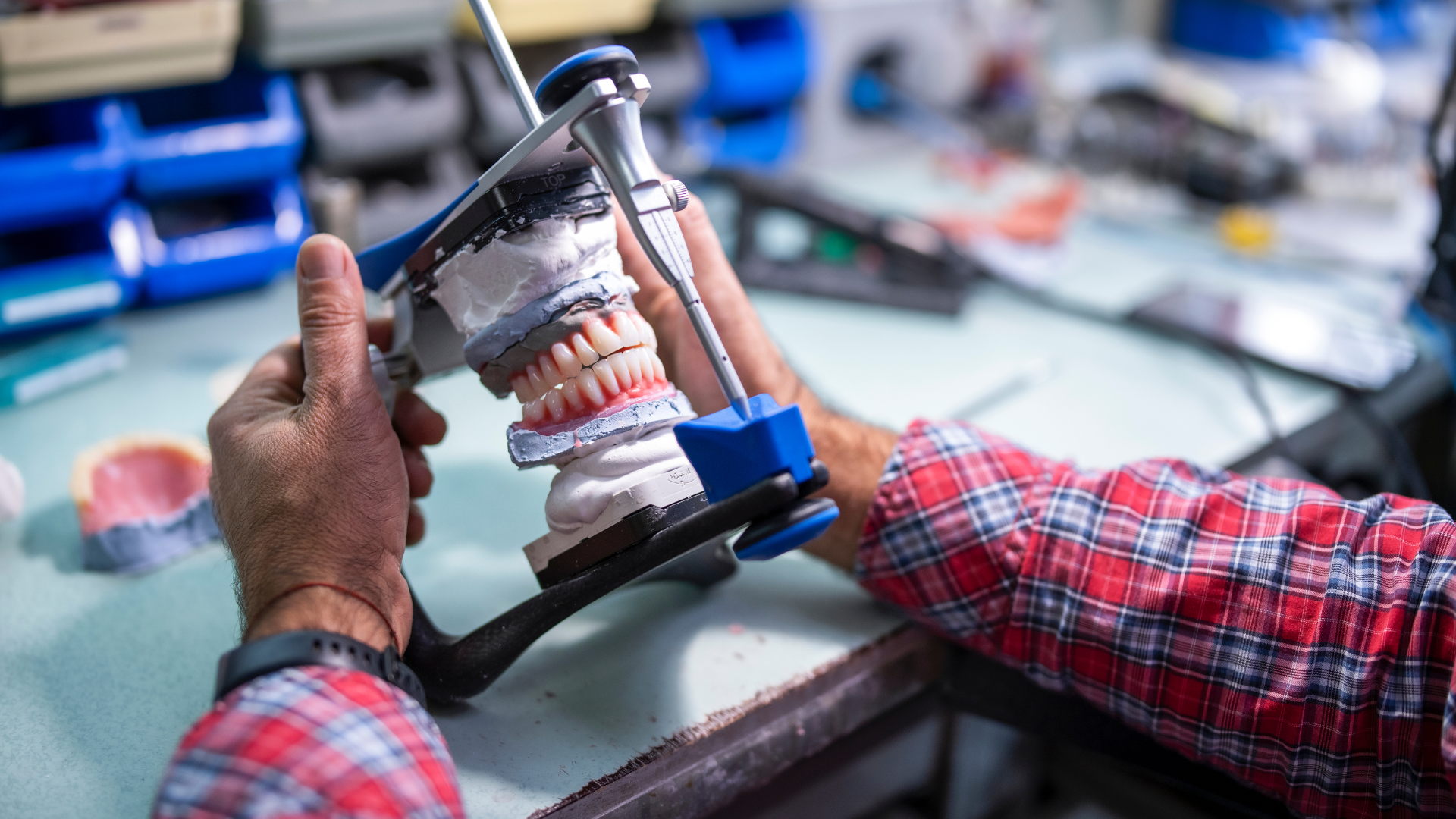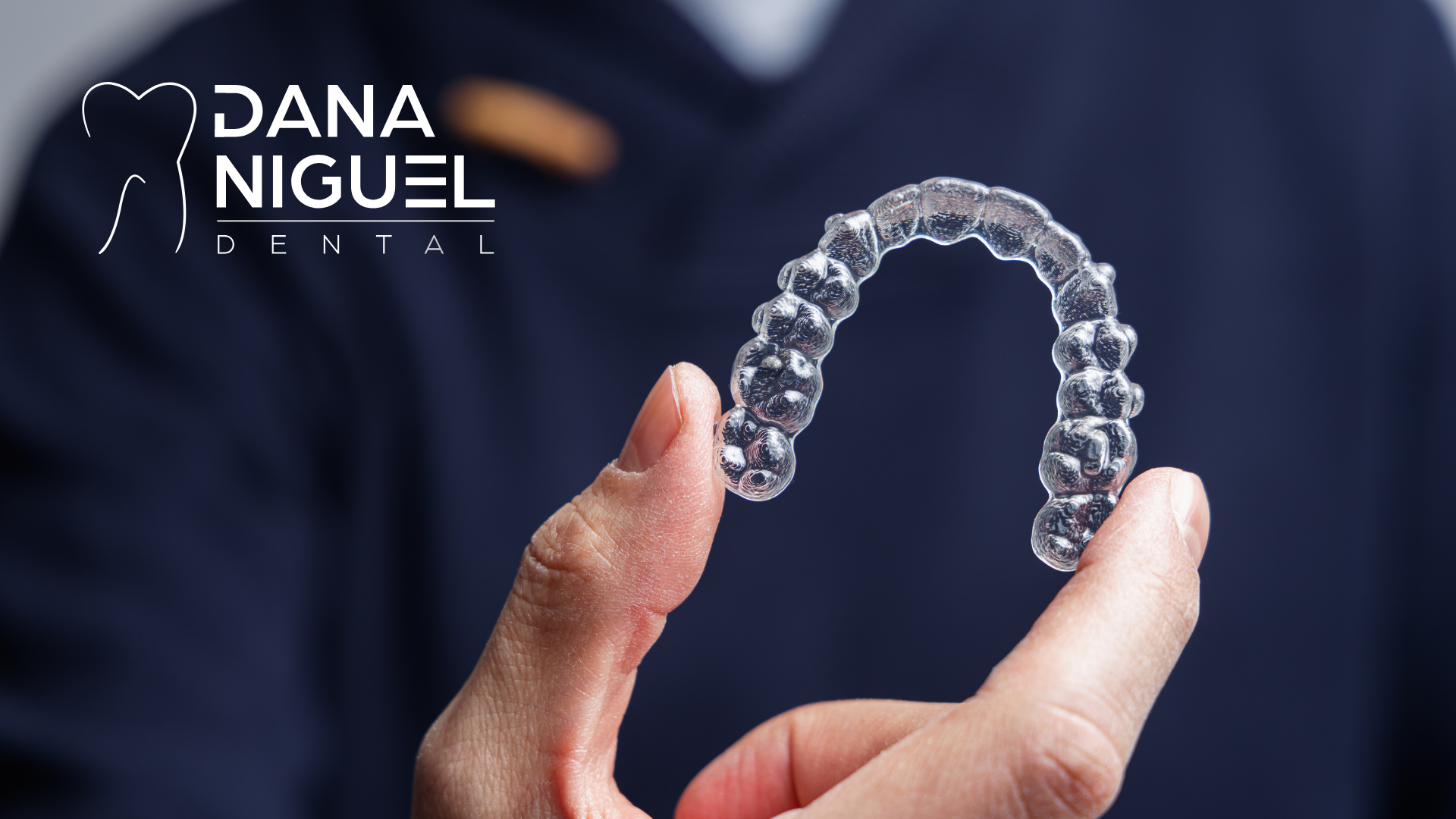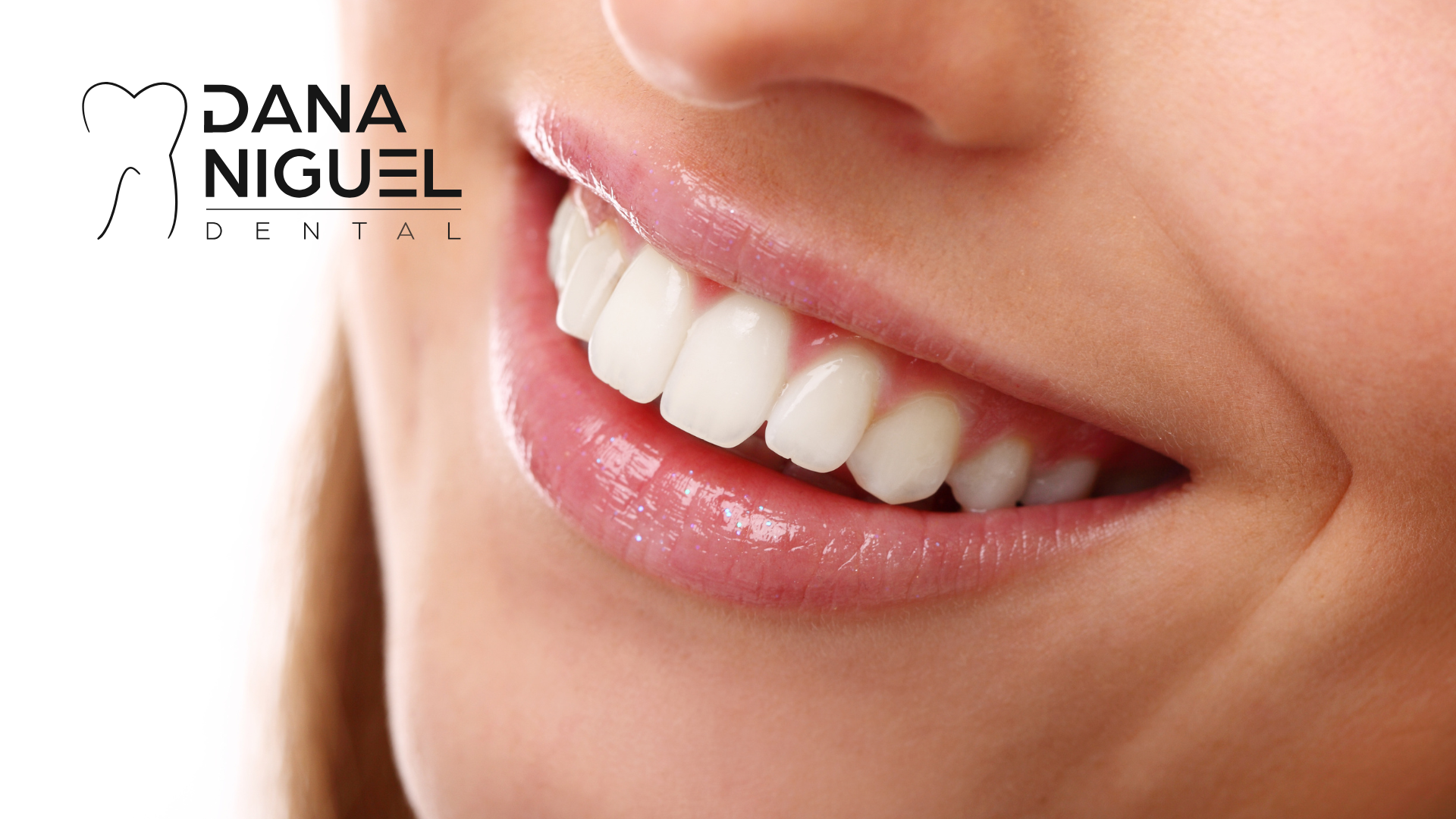How Long Do Porcelain Veneers Last?
Porcelain veneers are a popular cosmetic dentistry option for those looking to enhance their smile. These custom-made shells are designed to cover the front surface of teeth, providing a natural and attractive appearance. Understanding the longevity of porcelain veneers will assist anyone considering this dental treatment to make an informed decision. This article considers the factors influencing how long porcelain veneers last, offering insights into their maintenance and comparing them with other dental options.
Key Takeaways
- Porcelain veneers are custom-made shells that enhance the appearance of teeth by covering their front surface.
- The longevity of porcelain veneers is influenced by the quality of materials used, the skill of the dentist, and the patient's oral hygiene practices.
- On average, porcelain veneers can last 10 to 15 years, but proper care can extend their lifespan.
- Regular dental check-ups and good daily oral hygiene will maintain the condition of porcelain veneers.
- Comparing porcelain veneers to other dental options, such as composite veneers and crowns, can help patients make informed decisions based on cost and durability
Understanding Porcelain Veneers
What Are Porcelain Veneers?
Porcelain veneers are thin, custom-made shells designed to cover the front surface of teeth. They are crafted to improve the appearance of teeth by altering their color, shape, size, or length. These veneers are bonded to the teeth, providing a natural and attractive look. Dana Niguel porcelain veneers are particularly popular for their durability and aesthetic appeal.
From Consultation to Bonding: The Creation of Your Porcelain Veneers.
The process involves several steps:
- Consultation and Planning: The dentist evaluates the patient's teeth and facial structure and discusses the desired outcome.
- Preparation: A small amount of enamel is removed from the tooth surface to make room for the veneer.
- Impression: An impression of the teeth creates a precise mold.
- Fabrication: The mold is sent to a dental lab where the veneers are custom-made.
- Bonding: The final veneers are bonded to the teeth using a special adhesive.
Benefits of Porcelain Veneers
Porcelain veneers offer numerous benefits, including:
- Aesthetic Improvement: They provide a natural tooth appearance and can significantly enhance a smile.
- Durability: Porcelain is a strong material that can last many years with proper care.
- Stain Resistance: Porcelain veneers resist stains from coffee, tea, and other substances.
- Minimal Invasive Procedure: The process requires minimal removal of tooth enamel compared to other dental procedures.
Dana Point porcelain veneers can provide a long-lasting and beautiful smile with proper care and maintenance.
Factors Influencing the Longevity of Porcelain Veneers
Quality of Materials Used
The durability of porcelain veneers depends heavily on the materials' quality. High-quality porcelain tends to last longer and resist wear better than lower-grade alternatives. When considering veneers, discuss the material options with your dentist so you can weigh out the cost benefits for your situation.
Skill of the Dentist
The expertise of the dentist performing the procedure is another significant factor. A skilled dentist will ensure that the veneers are properly fitted and bonded, which can greatly enhance their longevity. Poorly fitted veneers are more likely to chip or detach.
Patient's Oral Hygiene
Maintaining good oral hygiene is essential for the longevity of porcelain veneers. Patients should follow a rigorous oral care routine, including:
- Brushing twice daily with a non-abrasive toothpaste
- Flossing daily to remove plaque and food particles
- Using an antiseptic mouthwash to reduce bacteria
Regular dental check-ups are also important to monitor the condition of the veneers and address any issues promptly.
Typical Lifespan of Porcelain Veneers
Average Duration
Porcelain veneers are known for their durability and longevity. On average, they last 10 to 15 years. Depending on various factors, many patients enjoy their veneers for 20-plus years.
Signs of Wear and Tear
Over time, porcelain veneers may show signs of wear and tear. These can include:
- Chipping or cracking
- Discoloration or staining
- Rough or uneven edges
- Loosening from the tooth surface
When to Consider Replacement
Monitor the condition of your veneers regularly and consider consultation with your dentist if you notice:
- Persistent discomfort or sensitivity
- Visible damage or significant wear
- Changes in fit or alignment
.
Regular dental check-ups can help detect any issues with your porcelain veneers early, ensuring timely intervention and maintenance to keep veneers beautiful.
Maintenance Tips for Extending Veneer Life
Daily Oral Care
Maintaining porcelain veneers starts with excellent daily oral care. Brush your teeth at least twice daily using a non-abrasive toothpaste and a soft-bristled toothbrush. Floss daily to remove plaque and food particles between your teeth and veneers. Consider using an antibacterial mouthwash to reduce the risk of gum disease.
Regular Dental Check-ups
Regular dental check-ups are crucial for extending the life of your porcelain veneers. Schedule dental visits at least twice yearly for professional cleanings and examinations. Your dentist can spot signs of wear or damage and provide timely interventions.
Avoiding Damaging Habits
Certain habits can significantly reduce the lifespan of your veneers. Avoid biting on hard objects like ice, pens, or fingernails. Refrain from using your teeth to open packages. If you grind your teeth at night, consider wearing a nightguard to protect your veneers from excessive force.
Consistent and mindful care can greatly enhance the longevity of your porcelain veneers, ensuring they remain functional and aesthetically pleasing for years to come.
Comparing Porcelain Veneers to Other Dental Options
Porcelain vs. Composite Veneers
Porcelain veneers are known for durability and a natural appearance, while composite veneers are more affordable and can be applied in a single visit. Porcelain veneers typically last longer and resist stains better than composite veneers. However, composite veneers are easier to repair if damaged.
Veneers vs. Crowns
Veneers and crowns serve different purposes. Veneers cover only the front surface of the teeth, making them ideal for cosmetic improvements. On the other hand, crowns encase the entire tooth, providing more structural support. Dana Niguel Dental often recommends crowns for teeth that are significantly damaged or decayed.
Cost vs. Longevity
When considering cost versus longevity, porcelain veneers require a more significant upfront investment but offer a longer lifespan than other options. Composite veneers and crowns may have lower initial costs but require more frequent replacements or repairs.
For those seeking a balance between aesthetics and durability, porcelain veneers from Dana Niguel Dental offer an excellent solution.
Addressing Common Concerns About Porcelain Veneers
Potential Risks and Complications
Porcelain veneers are safe, but there are potential risks and complications to be aware of. In rare cases, these can include tooth sensitivity, gum irritation, and veneer damage or detachment. Regular maintenance and consultation with an experienced dentist in Dana Point will minimize these risks.
Managing Sensitivity
Some patients may experience increased tooth sensitivity after the application of porcelain veneers. This is usually temporary and can be managed with desensitizing toothpaste or fluoride treatments. If sensitivity persists, consult your dentist for further advice.
Insurance and Cost Considerations
Porcelain veneers can be a significant investment. It's important to check with your insurance provider to see if they cover any part of the procedure. Typically, cosmetic procedures are not covered, so you may need to explore financing options. Discussing costs upfront with your dentist in Dana Point can help you plan accordingly.
Proper consultation and regular check-ups with your dentist can help mitigate most concerns related to porcelain veneers.
Frequently Asked Questions
How long do porcelain veneers typically last?
Porcelain veneers typically last 10 to 15 years, but they can last even longer with proper care.
What factors can affect the longevity of porcelain veneers?
The longevity of porcelain veneers can be affected by the quality of materials used, the skill of the dentist, and the patient's oral hygiene practices.
Are porcelain veneers prone to staining?
Porcelain veneers are highly resistant to staining, but avoiding foods and drinks that can cause discoloration is still advisable.
Can porcelain veneers be repaired if they chip or crack?
Minor chips or cracks can sometimes be repaired, but the veneer may need to be replaced to ensure optimal appearance and function.
Is the procedure to get porcelain veneers painful?
The procedure to get porcelain veneers is generally not painful, as it is performed using local anesthesia. Some patients may experience minor discomfort after the procedure.
How should I care for my porcelain veneers?
To care for your porcelain veneers, practice good oral hygiene by brushing and flossing daily, visit your dentist regularly, and avoid habits that can damage the veneers, such as biting hard objects.
